Retro Replay Review
Gameplay
Mount & Blade delivers an open-ended sandbox experience that blends RPG progression with large-scale strategy and real-time combat. From the moment you set foot on the 3D overhead map, you have the freedom to carve your own path—whether that’s raiding bandit camps, recruiting villagers into your warband, or engaging in high-stakes castle sieges. There’s no hand-holding here; the game deliberately offers only a skeletal plot framework, inviting you to fill in the blanks with your own ambitions and tactics.
(HEY YOU!! We hope you enjoy! We try not to run ads. So basically, this is a very expensive hobby running this site. Please consider joining us for updates, forums, and more. Network w/ us to make some cash or friends while retro gaming, and you can win some free retro games for posting. Okay, carry on 👍)
Combat in Mount & Blade stands out for its depth and realism. You control a single character in first- or third-person view, issuing indirect orders to your troops while personally hacking, slashing, or riding down foes on horseback. Every swing of a sword, every draw of a bow, and every charge with a lance feels weighty and consequential. Directional attacks and parries demand timing and precision, making each skirmish an electrifying test of skill rather than a simple point-and-click affair.
Beyond the battlefield, the strategic layer of the game shines. You’ll manage your party’s composition and equipment, balancing fighters, archers, and cavalry to suit different encounters. Trading goods between towns, negotiating with lords and guild masters, and building your personal reputation all factor into your rise to power. Whether you prefer to chase glory through combat or amass wealth via caravans, Mount & Blade’s open structure accommodates your chosen playstyle without judgment.
Graphics
Visually, Mount & Blade opts for functional realism over flashy effects. The terrain models—rolling plains, rocky hills, and fortified walls—are designed to support large-scale battles rather than showcase cutting-edge shaders. While textures can feel dated by modern standards, the clarity of battlefield layouts and the scale of mounted engagements remain impressive even today.
Character models and armor sets exhibit a respectable level of detail, with each piece of equipment clearly distinguishable in the heat of combat. Horses move and react believably under the weight of riders, and the physics of lances striking armor can be both thrilling and brutal. Though you won’t find fanciful visual flourishes or magical particle effects, the grounded presentation underscores the gritty medieval atmosphere.
Animation work in battles is perhaps the game’s most enduring visual strength. Swinging a two-handed axe or drawing a crossbow bolt feels tactile, with each motion faithfully translated on-screen. Siege engines roll into position and castle walls tower overhead, creating a sense of scale that few indie productions achieve. Overall, while Mount & Blade may not wow with photorealism, it remains visually coherent and purpose-built for its grand combat encounters.
Story
Mount & Blade eschews traditional storytelling in favor of emergent narratives. There are no cutscenes or scripted events to steer you in a particular direction; instead, the lore is minimal and the ultimate goal—conquering the land—is yours to pursue or ignore. This minimalist approach puts the emphasis squarely on player agency and personal storytelling.
In lieu of a linear plot, the game world teems with NPCs—wandering peasants, seasoned lords, caravan traders, and guild masters—each with whom you may interact. Conversations can yield quests, recruit new troops, or influence political alliances. Your reputation evolves based on these interactions, meaning every decision to ransom a captured lord or burn a bandit hideout can ripple across the map in unexpected ways.
This freestyle structure leads to memorable moments: defending a village under siege at the last second, negotiating a trade route that bankrupts rival lords, or watching your ragtag band grow into a formidable army. While some players may miss a scripted narrative or emotional cutscenes, those who crave emergent storytelling and self-made legends will find Mount & Blade liberating.
Overall Experience
As a whole, Mount & Blade offers one of the most compelling medieval sandbox experiences available. Its intricate combat system, open strategic map, and deep RPG mechanics combine to form a playground where your choices carry real weight. The game’s learning curve can be steep—newcomers may struggle with the nuances of directional combat or the ebb and flow of medieval economics—but perseverance is rewarded with hours of engrossing gameplay.
Technical rough edges and modest visuals are offset by the sheer scope of what you can achieve. Whether you aspire to be a wandering mercenary, a wealthy merchant prince, or a crowned monarch, the tools and freedom are at your disposal. Even today, the burgeoning modding community continues to expand and refine the experience, adding new maps, improved graphics, and fresh gameplay systems.
In the end, Mount & Blade remains a classic for good reason: it respects player autonomy, delivers visceral battles, and weaves countless personal stories without ever forcing a single plot beat. If you’re looking for a single-player game that rewards creativity, strategic thinking, and mastery of medieval warfare, this title still holds immense appeal. Strap on your armor, sharpen your sword, and write your own legend in the war-torn world of Calradia.
 Retro Replay Retro Replay gaming reviews, news, emulation, geek stuff and more!
Retro Replay Retro Replay gaming reviews, news, emulation, geek stuff and more!
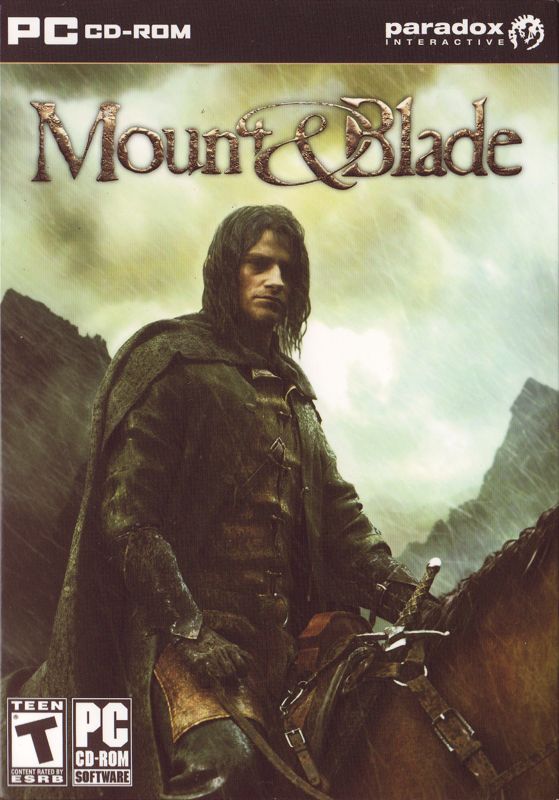
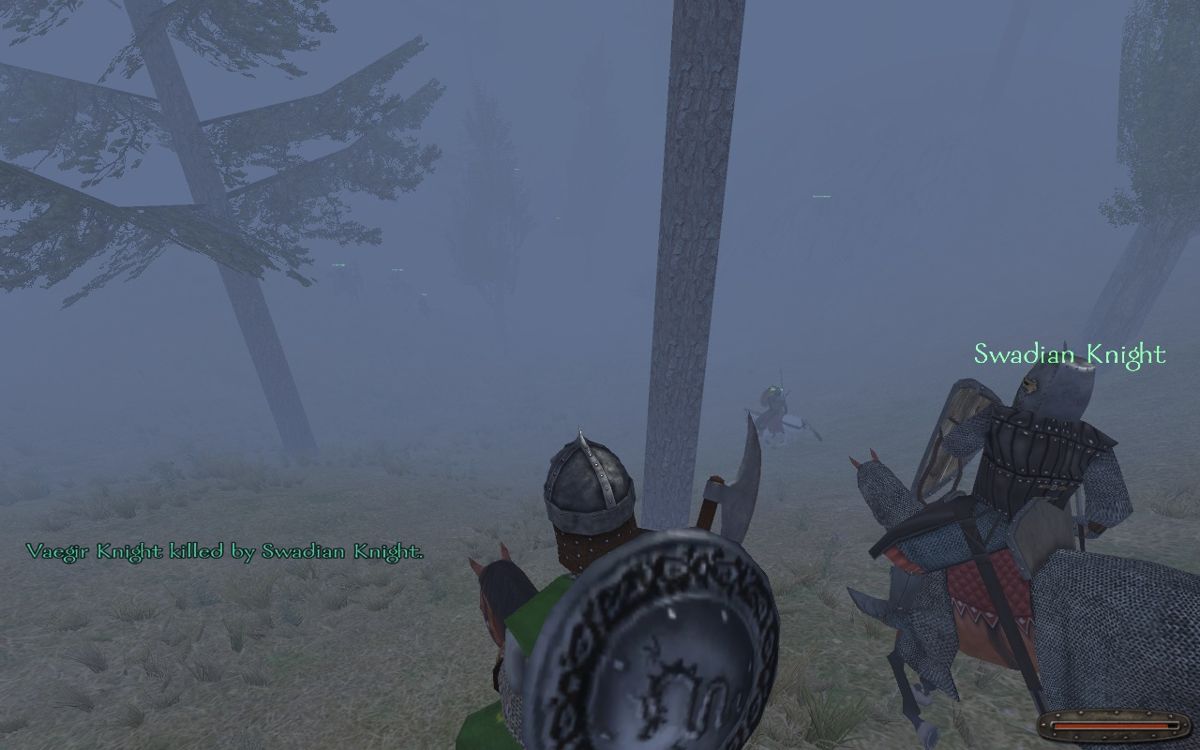
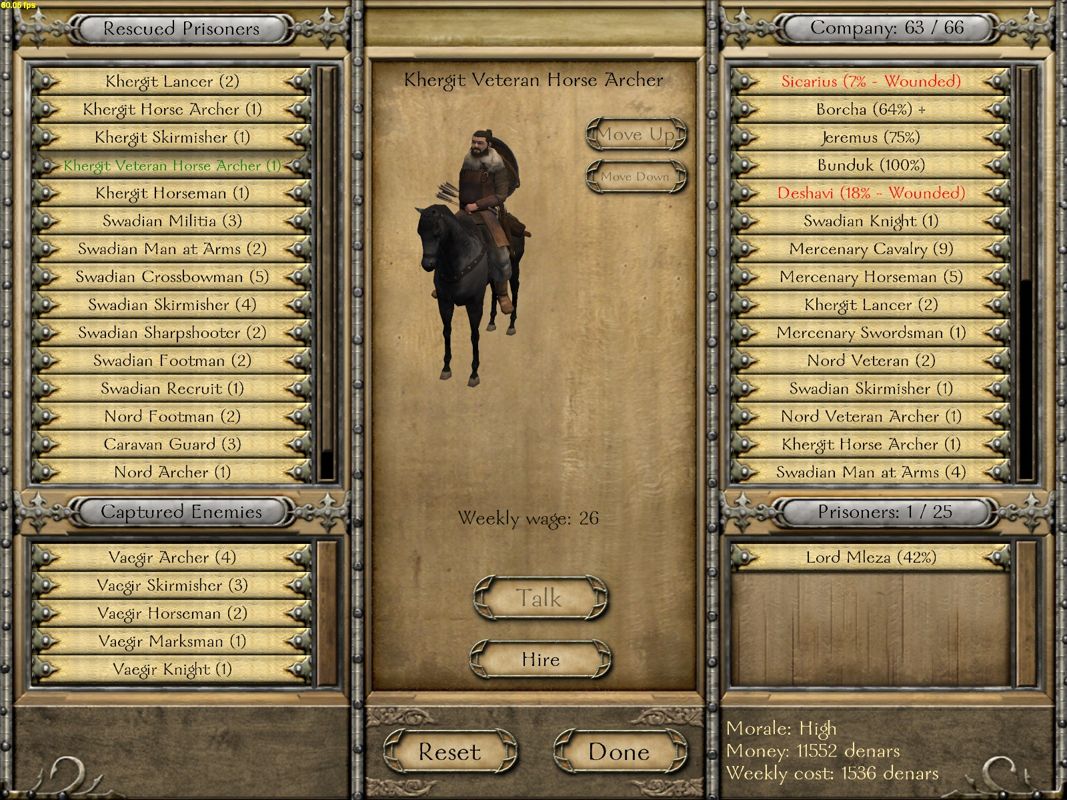
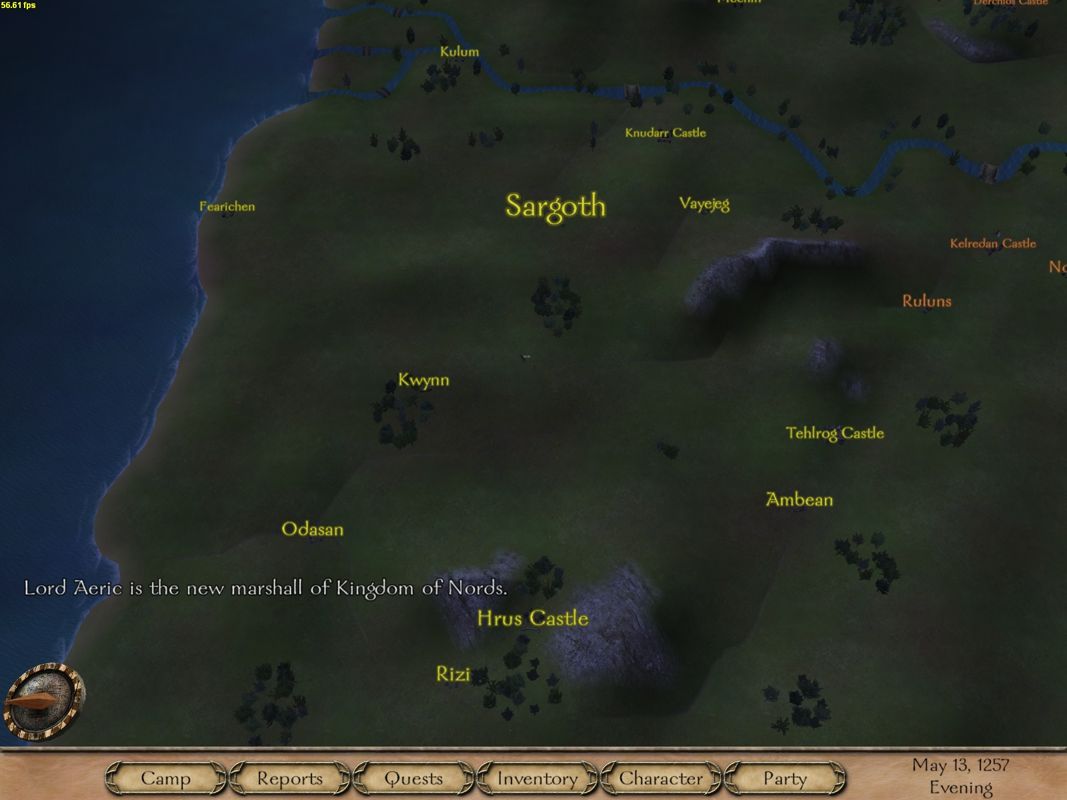
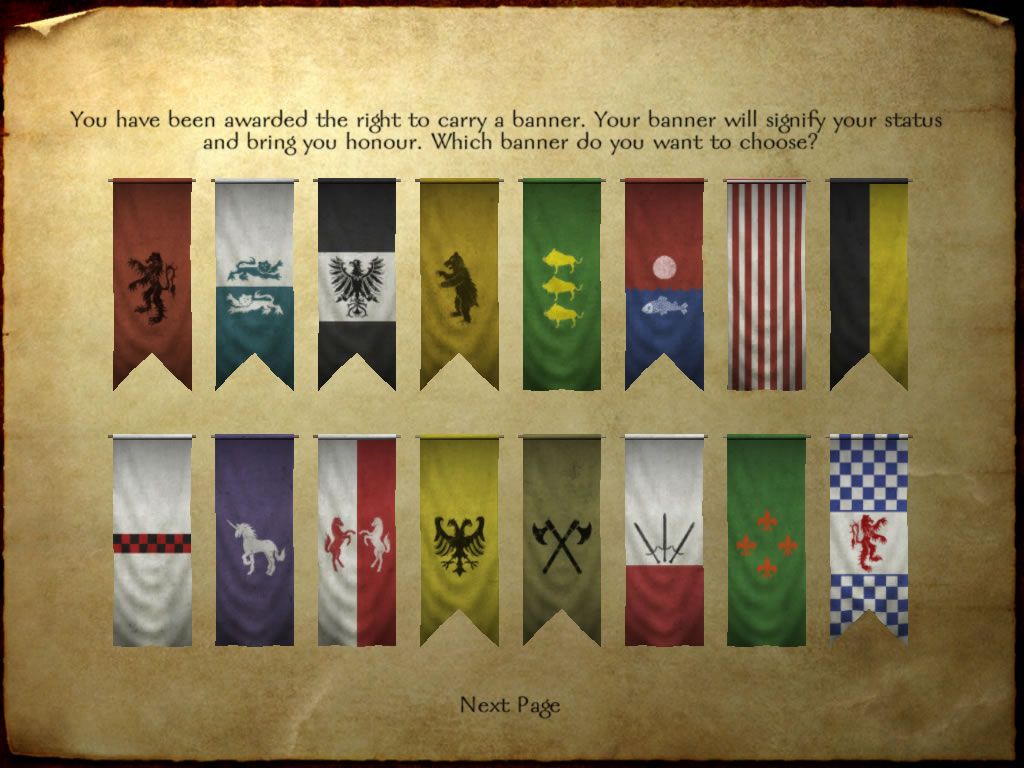
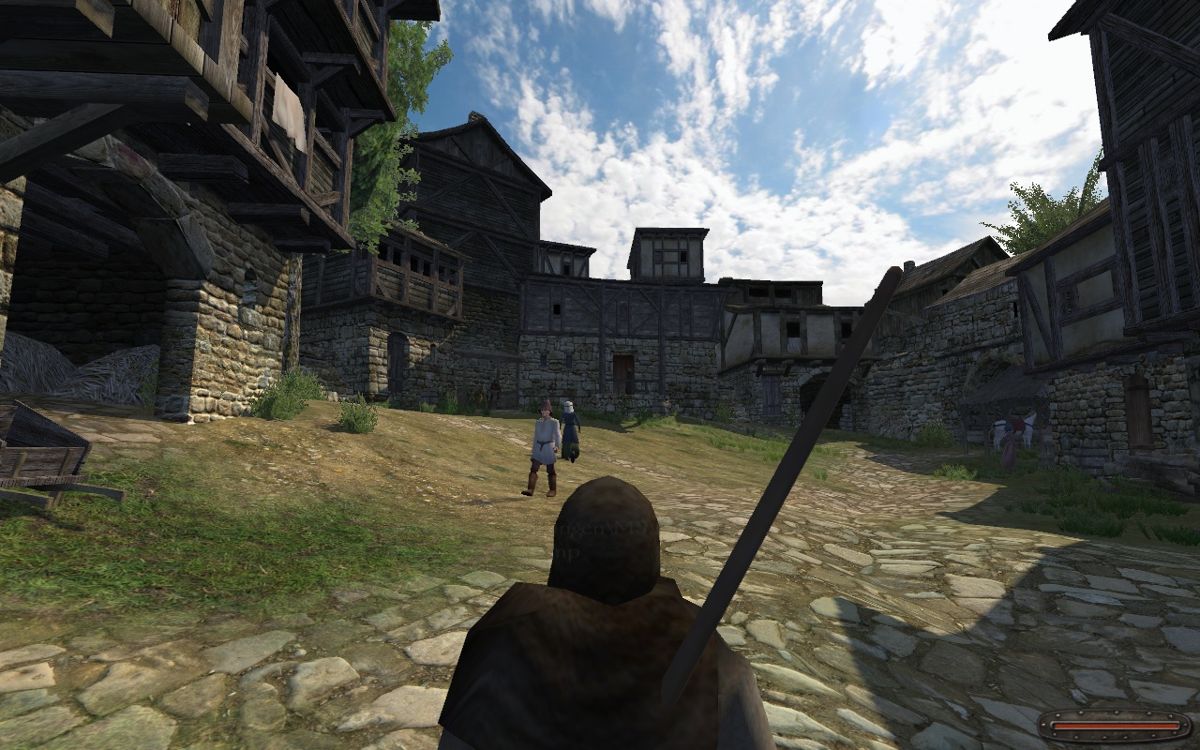


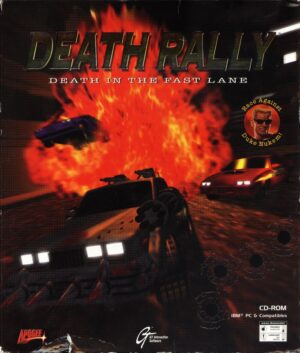
Reviews
There are no reviews yet.